As technology reshapes the way we manage personal belongings, smart locker solutions are emerging as the next step in secure storage solutions. Whether in airports, shopping centres, workplaces, or hotels, the modern smart locker provides a seamless, automated smart system for luggage storage and parcel handling.
This article explores how smart rental lockers and electronic lockers are revolutionising the locker industry by offering businesses scalable ways to automate processes, reduce costs, and unlock new revenue opportunities.
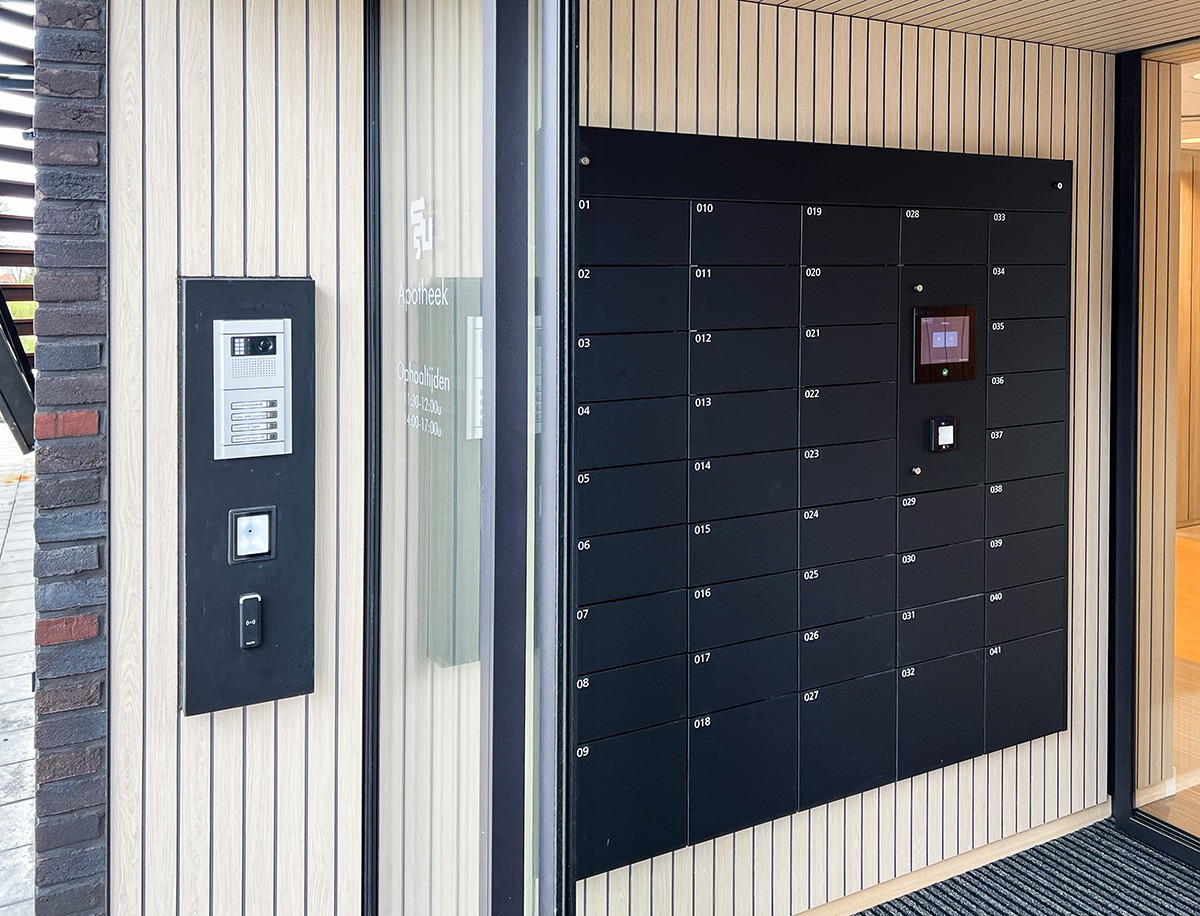
1. Why Are Smart Lockers Transforming the Storage Locker Industry?
The modern locker is no longer just a metal box. Smart lockers are designed with integrated technology to make storage lockers intelligent, secure, and easy to use.
With features like QR code and RFID access, these lockers eliminate the need for manual key management. Smart lockers provide peace of mind to users, offering a securely store solution for valuables, packages, and personal items.
For businesses, they represent a future-proof, cloud-based management tool that improves workflow, reduces theft, and creates additional income channels.
2. How Do Smart Rental Lockers Work in Real-World Scenarios?
Smart rental lockers operate through cloud-based platforms that enable users to rent a locker through a mobile app or kiosk. Customers can scan a QR code, pay via a cashless system, and instantly access a suitable locker without staff involvement.
Each rental locker features electronic locking and unlocking, often controlled via a secure API or smart locker software. This process allows operators to assign lockers, manage workflow, and even integrate with payment service providers.
Whether it’s storing luggage during travel or parcel collection at a shopping mall, self-service lockers offer efficiency, seamless integration, and peace of mind for both users and operators.
3. What Are the Benefits of Automated Smart Locker Systems for Luggage Storage?
The rise of automated smart technology means travellers no longer have to carry heavy bags around airports or city centres. With luggage storage lockers, customers can enjoy flexibility while businesses gain efficiency.
Smart lockers enable self-service check-in and check-out, reducing wait times and ensuring a contactless, hygienic experience. They’re also scalable, meaning operators can adapt locker size and configuration as demand grows.
From airports to hotels, these smart storage lockers are key to managing personal storage and improving the visitor experience.
4. How Do Electronic Lockers Improve Security?
Security is at the heart of every locker solution. Modern electronic lockers are designed with encryption (encrypt) and audit trail functions to enhance security and ensure only authorised access.
Users can open their lockers with an access code, RFID, or mobile app access. In addition, every transaction is logged to prevent lost or stolen items, providing traceability and accountability.
For businesses handling personal storage or parcel deliveries, this creates a secure, easy to manage, and user-friendly solution that protects both clients and assets.
5. Where Can Businesses Install Smart Storage Lockers?
Smart storage lockers are increasingly being installed across a variety of industries, such as:
- Airports - for passenger luggage and guest storage
- Shopping malls - providing self-serve rental options
- Workplaces - enabling flexible, secure storage for staff
- Hotels - offering guests self-service solutions for check-in and check-out
These adaptable locker systems are also used in parcel collection and workplace logistics, giving employees a securely store space for personal items and work equipment.
6. What Features Make Smart Lockers a User-Friendly Solution?
Today’s intelligent locker systems are built around convenience and simplicity. Key features include:
- Touchscreen displays for quick navigation
- Keyless entry using mobile or QR code
- Multi-language interfaces for international users
- Automated notification alerts for pickup or expiry
Such innovations ensure smart lockers are secure, reliable, and seamless to use. They also automate key management and manage access remotely via cloud-based control.
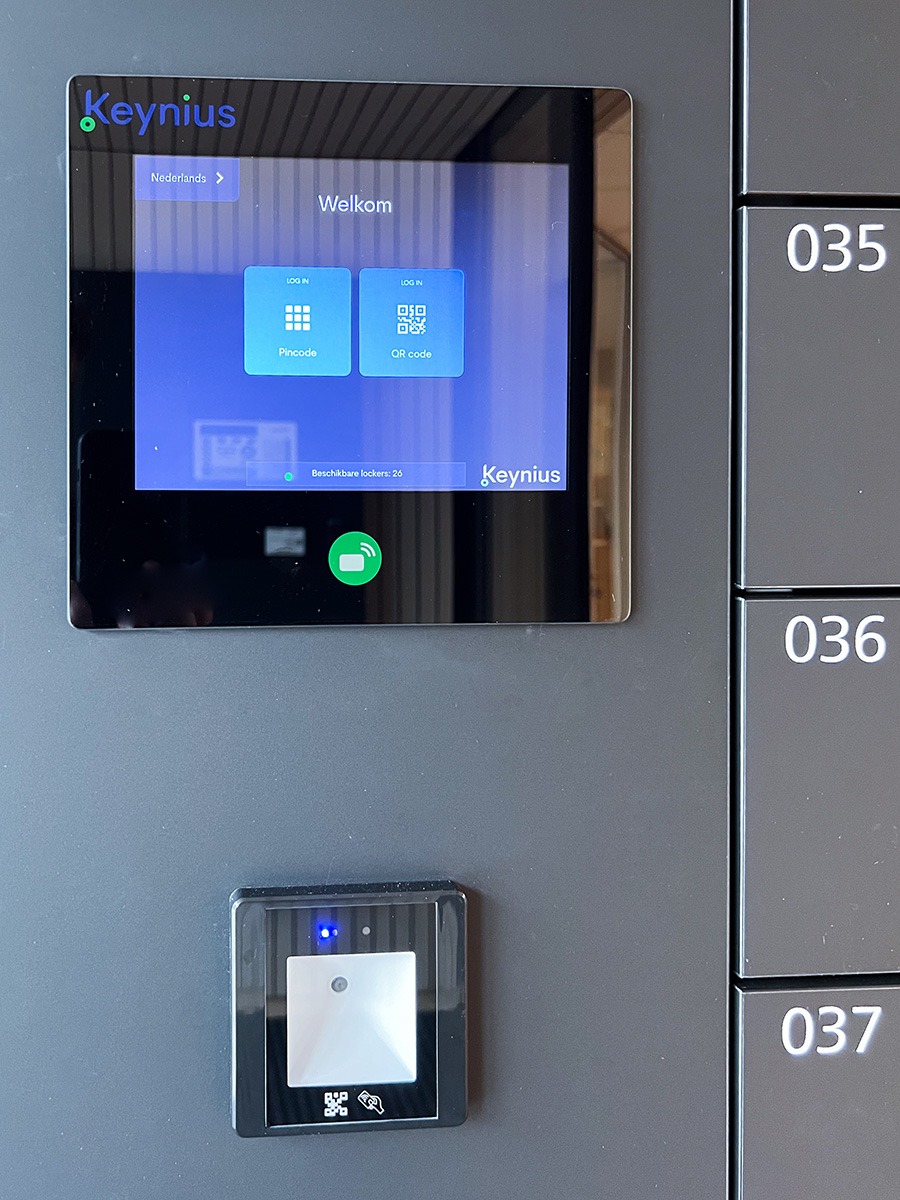
7. How Can Smart Lockers Help Automate Operations and Save Staff Time?
Automation is one of the most significant advantages of smart locker technology. With self-service access and integrated locker software, businesses can drastically reduce manual labour.
Automated management systems remove the need for manual key handling, reception staffing, or queue management. This saves staff time, lowers operational costs, and improves service consistency.
By enabling self-service lockers, companies can reallocate personnel to higher-value tasks, increasing efficiency across their workflow.
8. What Are the Common Use Cases for Smart Locker Solutions?
The use cases for smart lockers are growing rapidly. They now appear in multiple environments, including:
- Airports: For guest storage and storing luggage securely before flights.
- Shopping malls: Enabling self-serve rental and rentable short-term locker space.
- Hotels: Allowing contactless check-in and late check-out options.
- Workplaces: Supporting flexible working and equipment drop-offs.
In each case, lockers make life easier for both users and operators by combining seamless service with high security and reduced overheads.
9. How Do Smart Lockers Help Businesses Boost Revenue?
One of the greatest advantages of smart rental lockers is their ability to boost revenue. By offering rentable lockers, businesses can introduce a new income stream while enhancing customer experience.
With cashless payments and cloud-based management, operators can easily track utilisation, monitor occupancy, and adjust pricing. The ability to assign lockers dynamically through smart locker software further maximises asset use.
These lockers offer businesses not just a secure storage option but also a new monetisation model adaptable to shopping malls, airports, or event venues.
10. Why Are Smart Lockers the Future of Secure Storage?
As the world moves toward automation, smart lockers will continue to evolve as an essential part of storage solutions. Their seamless integration with payment service providers, APIs, and mobile platforms means they fit effortlessly into modern digital ecosystems.
Because lockers can be tailored to individual use cases, businesses can choose configurations that meet their unique needs, whether for guest storage, parcel handling, or personal storage.
Ultimately, smart lockers provide the secure storage solutions needed in a digital age, with lockers without complexity, keys, or downtime.
FAQ about Smart Lockers
How does the Keynius locker system work?
Keynius lockers combine smart electronic locks - smart locks and battery locks - with cloud-based software and optional local controllers via our Smart Home Teacher and Students.
Locks connect via LAN or Bluetooth to the Keynius platform, allowing users to authenticate, open, and manage lockers through touchscreens, RFID, PIN, or mobile app.
Admins control access rights, monitor usage, and configure lockers remotely via the Keynius Portal.
Can I customize the locker design and materials?
Yes. We are the only smart locking provider that owns every part of our supply chain, which includes all components, hardware, cabinetry, and software. This allows us to offer the most customizable smart lockers in the industry.
Lockers are available in multiple materials and colors:
Steel, powder-coated in standard RAL colors.
Wood-based panels with extensive Egger color finishes.
HPL laminate for high-durability indoor/outdoor use.
Outdoor waterproof steel version.
Each locker supports optional side panels, bases, benches, and color branding, or vinyl wrapping, as well as your selection of lock type, connection type, and many other custom add-ons.
Is the platform cloud-based or do I need local servers?
The Keynius platform is fully cloud-managed, requiring no local servers. Hardware like Smart Home Teacher/Student units and Battery Locks connect to the cloud via LAN or Bluetooth and are configured through the Keynius Portal or App.
What authentication/access methods are supported?
Supported authentication methods include:
PIN (capacitive keypad or mobile-assigned)
RFID (MiFare, HID, NFC, Apple Wallet)
Mobile app (BLE) for remote and Bluetooth access
QR code scanning (QR Reader IP65)
Payment terminals can optionally authenticate via debit/credit contactless systems.
How secure is the system and where is the data hosted?
Hardware is certified to CE, FCC, UKCA, and RoHS standards, with IP-rated protection up to IP65 for outdoor units.
Locks feature encryption, motorized mechanisms, and mechanical overrides for fail-safe access.
All data, including access logs and credentials, is stored securely in Keynius’ EU-hosted cloud environment compliant with European data protection standards.
Can Keynius integrate with our existing software?
Yes. The system offers open APIs for integration with HR, facility, payment, or booking systems. Payment terminals support remote configuration through the Terminal API.
View our existing integrations here.
What industries or use cases is Keynius suitable for?
Keynius offers a modular, flexible design which makes it compatible for nearly every industry and use-case.
Our most common sectors include:
- Corporate offices (personal storage, hybrid desks)
- Education (student lockers, IT device storage)
- Logistics and retail (parcel and click and collect)
- Leisure, hospitality, and healthcare (staff or visitor lockers)
What’s included in the setup and onboarding process?
Every project is different and requires its own scope, but we strive to offer a consistent and repeatable solution as much as possible to streamline our effectiveness and the quality of service we're able to deliver.
1. Design phase: Configure cabinet models, lock types, and finishes.
2. Installation: Connect Smart Locks to the Smart Home or cloud (plug-and-play).
3. Software setup: Locker walls created in the Keynius Portal; access rights assigned.
4. Training: Admins and users onboarded via the app guide.
5. Support: Remote monitoring, software updates, and Keynius support line.

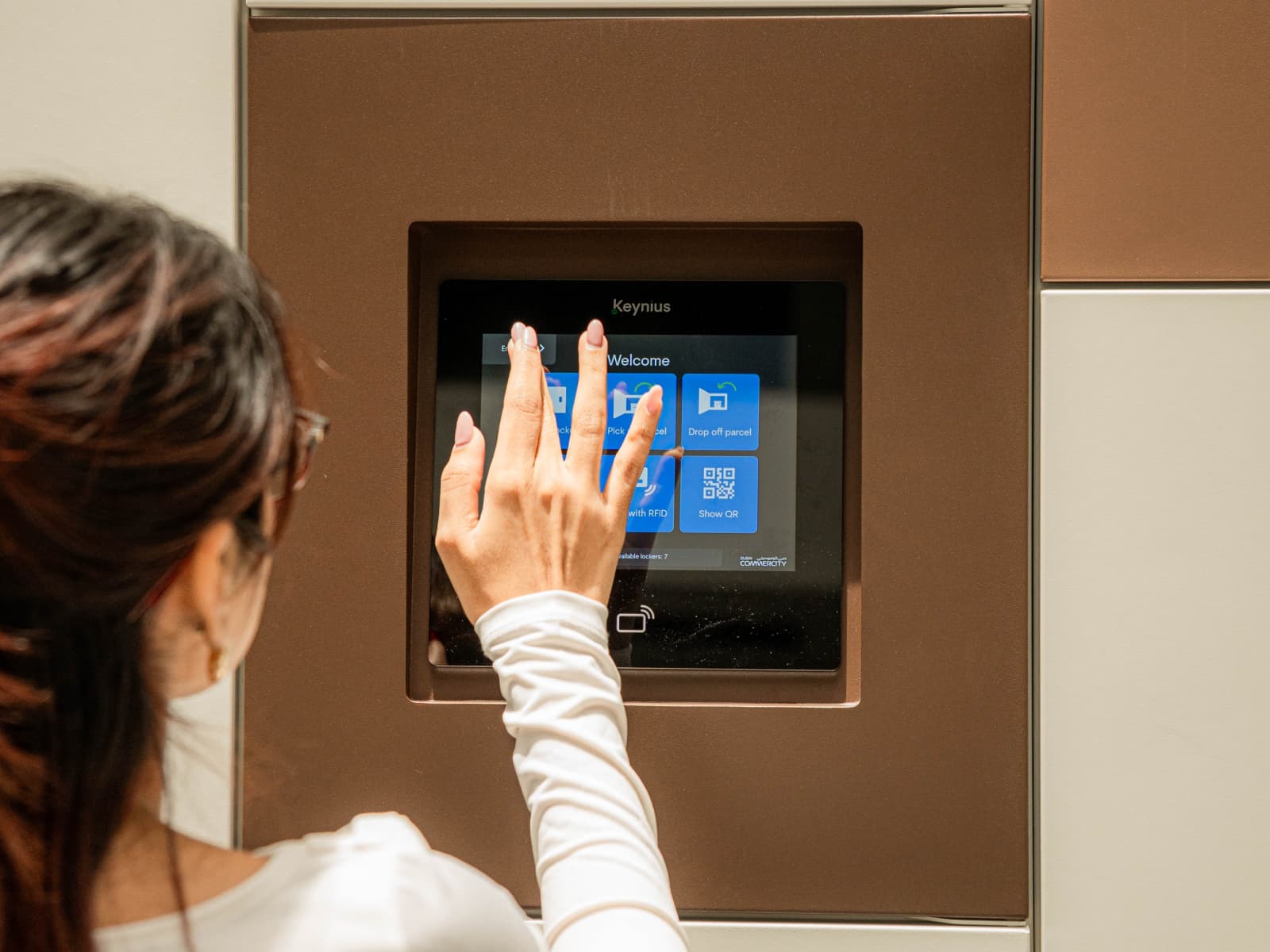

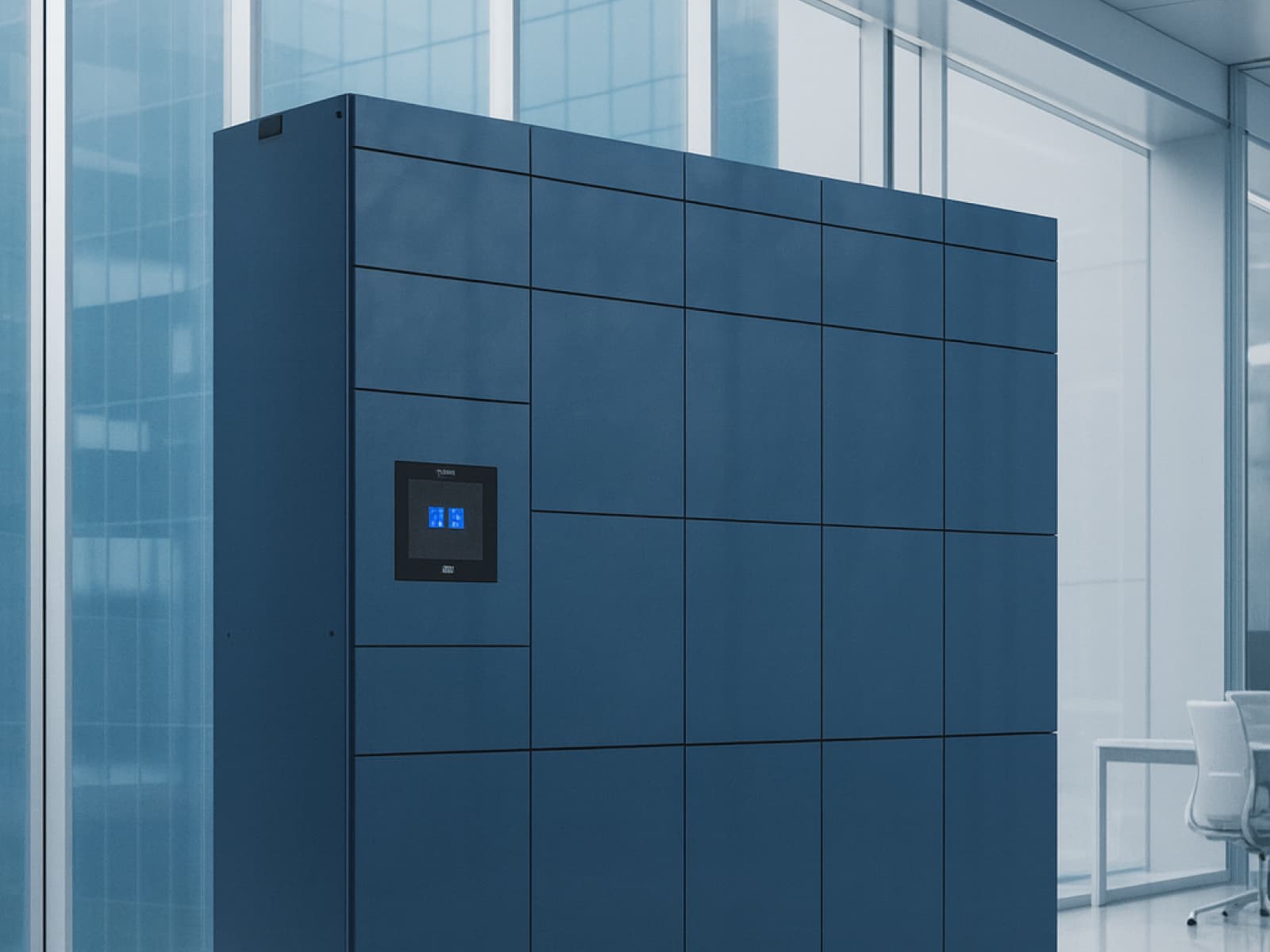


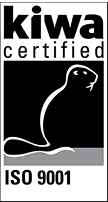

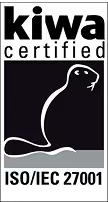
%201.svg)
%201.svg)
